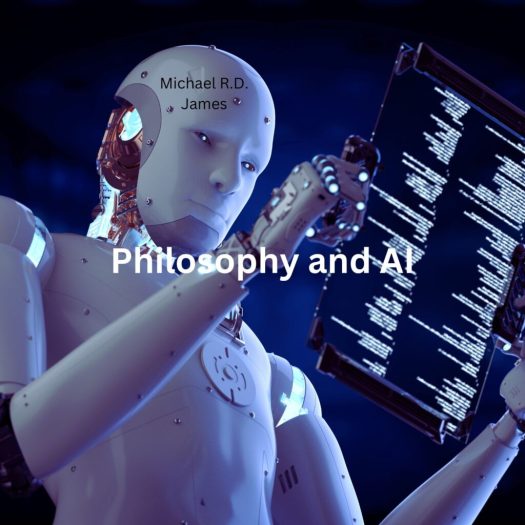Views: 596

This is now available at Amazon in the form of a kindle book and audio bookshops: https://a.co/d/j95XT2y
My principal argument is that artificial intelligence is a mixed blessing/evil because of an over-belief in the capacity of science and technology to deliver spiritual goods to this world. Looked at from a clinical distance it is but a tool and it is the user that ought to be judged but given the invitation or envelopment in all art-forms there is a risk that we give AI an authority it does not really possess.. The enveloping process(best explained by psychoanalysis) is responsible for feeding the need we all possess for what we need to learn via the process of imitation(mimesis). Living vicariously as we do via violently loaded media and computer games effects everyday life in many different ways. Stanley Cavell’s work, “The World Viewed” provides us with an insightful account of the ontological structure of the image that helps us to understand the power of the envelopment process in all forms of art. The term “intelligence” is theoretically problematic and this was evidenced in the discussions that arose in relation to Piaget’s work. It is therefore to the work of William James that we turn for an account of “intelligence” in practical terms. James defines practical intelligence in terms of selecting the most appropriate means to those ends we strive to achieve in the arena of our actions. The modern era we live in includes what Arendt called “this terrible century”(the 20th century) and it also includes an account of the rise to power of a category of men she refers to as “the New Men” who possess the capacity to manipulate the masses into believing their rhetorical messages. AI is in danger of becoming the tool of these new men unless we understand that a tool is just what it is and no more, namely a tool created by intelligent men.
Here is an audiobook sample narrated by AI:

